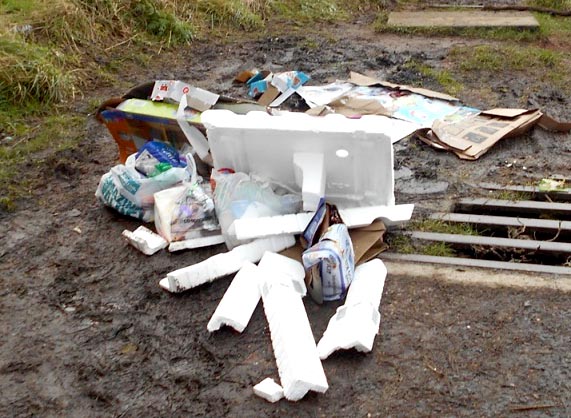Dear Home Secretary,
Further to your comments on the Andrew Marr show, I was interested to hear you say that you want to make sure that the Police have the resource they need to protect the public. I look at the reductions to the funding of individual police forces in recent years and my position remains that cuts have been too deep and are undermining the efficacy of British policing.
Sir Dennis O’Connor, when serving as Chief Inspector of Constabulary warned that cuts beyond 12% would damage frontline policing, he has been proven right. Recorded crime continues to rise. Recent figures for Durham Constabulary show an increase of 25% in victim-based recorded crime. This is a national trend as well as a local one. The ONS recently said “the latest figures show the largest annual rise in crimes recorded by the police in a decade. While ongoing improvements to recording practices are driving this volume rise, we believe actual increases in crime are also a factor”. Traditional crimes such as theft and car crime are now showing ever concerning increases.
Since 2010 Durham Constabulary has lost 25% of its officers and the strain is showing. Sickness levels continue to rise with stress and mental health issues now presenting amongst the main causes of sickness absence. This is a trend reflected amongst our colleagues in the other emergency services.
The current Chief Inspector of Constabulary Sir Thomas Winsor has commented in his last two reports that the cuts are seriously endangering Neighbourhood policing. Even for a very effective and efficient Force such as Durham, there comes a point where it is hard to find further efficiency savings.
When we assess the changing nature of crime we note that cybercrime and sexual offences continue to increase unabated. These are crimes which require specialist skills and understanding. As we seek to recruit experts to tackle cybercrime, the public sector pay cap is affecting our competitiveness with the private sector, and thus impacting upon our ability to recruit successfully.
The complexity of such crimes and the extensive support needed for victims of sexual exploitation are also placing increasing demands on officers’ and staff time.
Finally, when we consider the present terrorist threat it is clear that the additional demands being placed on policing, both to investigate such crimes and to provide high profile reassurance patrols by armed police officers is not only difficult to deliver, but will become increasingly difficult to sustain.










